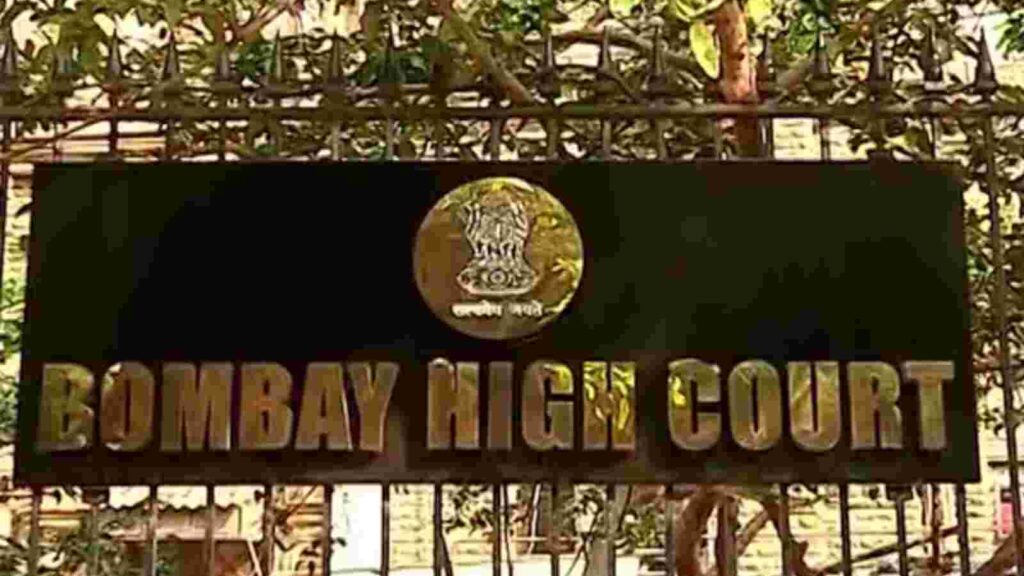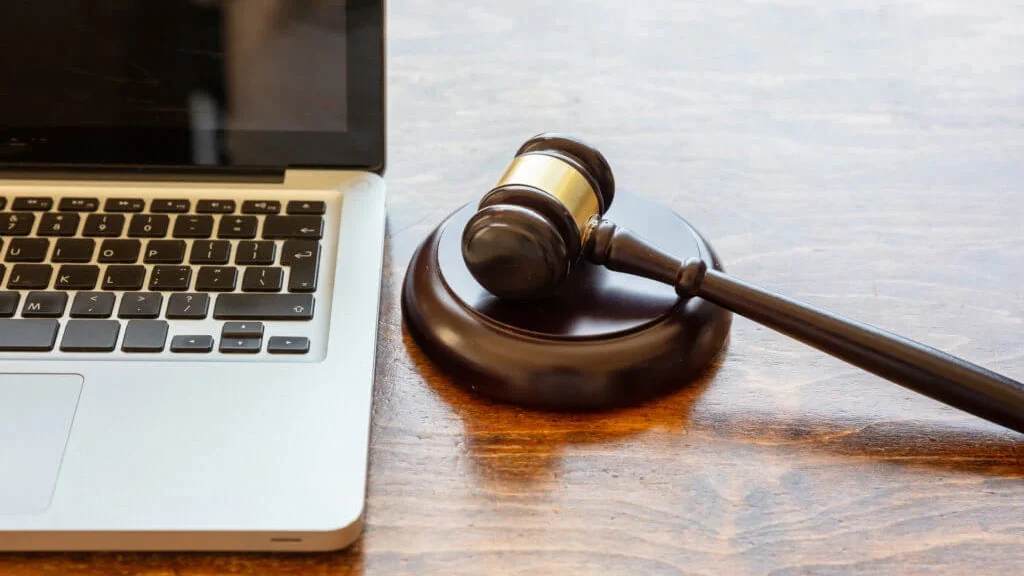
Bombay HC directs police officers to seek permission from the magistrates to investigate non-cognizable offences
Last Updated on January 2, 2024 by News Desk
The Nagpur bench of Bombay High Court recently directed the director general of police (DGP) to issue a circular directing the investigating agencies to seek permission from the jurisdictional magistrates to investigate non-cognizable offences in appropriate cases.
“Considering the ambiguous status, I deem it necessary to issue directions to the Director General of Police, State of Maharashtra, Mumbai to issue a Notification stating therein that in appropriate cases (which should be made identifiable), the investigating agency should approach the jurisdictional Magistrate under sub-section (2) of Section 155 of the Code, seeking permission to investigate the non-cognizable offence,” the order stated.
Single-judge Justice Anil Pansare was hearing a writ petition filed by Nitin Satpute, a college librarian challenging the order of the session court which has set aside the summons issued to the principal of the college for using abusive and filthy language against the petitioner and the other staff.
As per the reports of the bar and bench, the petitioner approached the police station for lodging a case under Sections 294 (performing an obscene act in a public place) (cognizable offences), 504 (intentional insult with intent to provoke peace) and 506 (criminal intimidation) (non-cognizable offences) of the Indian Penal Code (IPC). The police lodged a report under Section 155 (registering case for non-cognizable offence) of the Code of Criminal Procedure (CrPC) for offences under Sections 504 and 506 of IPC. Satpute approached the magistrate seeking registration of FIR for the cognizable offence under Section 294. The magistrate initiated a criminal process and summoned the principal under Sections 294, 504 and 506 of IPC. This order was challenged before a session judge by the principal. The session judge dismissed the magistrate’s order on the grounds that the case could not be registered as the elements of section 294 were not fulfilled.
The high court dismissed the session court’s order and reiterated that the principal’s chamber is a public place as students and teachers have access to it. “The College premises is admittedly a public place, as the students, teachers, staff and other such persons connected with the College have access to the building, in which the Chamber of the Principal is located. In that sense, the Chamber of the Principal could be said to be a public place. The Sessions Court, however, took an erroneous view that the Principal’s Chamber is not a public place,”
The order also noted that “The investigating officer should be mindful of the fact that even the non-cognizable offences are punishable, and therefore, in appropriate cases, he is duty-bound to investigate even such offences and ensure that the investigation reaches logical end.”
Thus, the court set aside the order of the session court.
case title: Nitin Satpute v. State of Maharashtra & Ors
written by Shagun Behal




